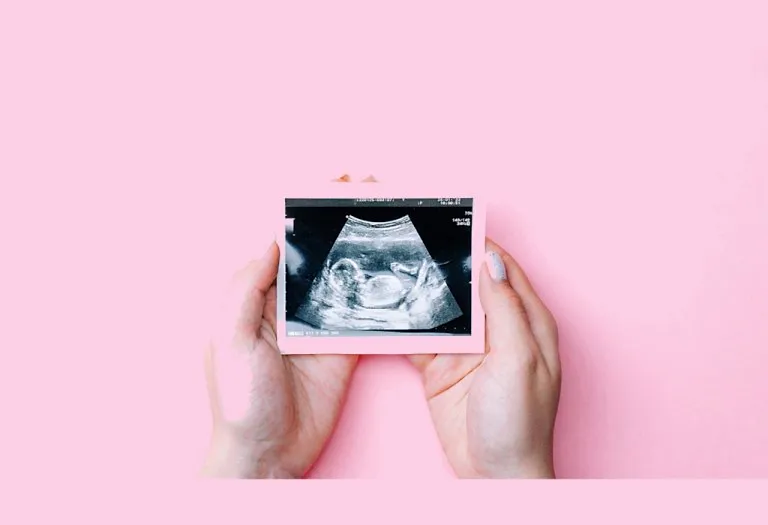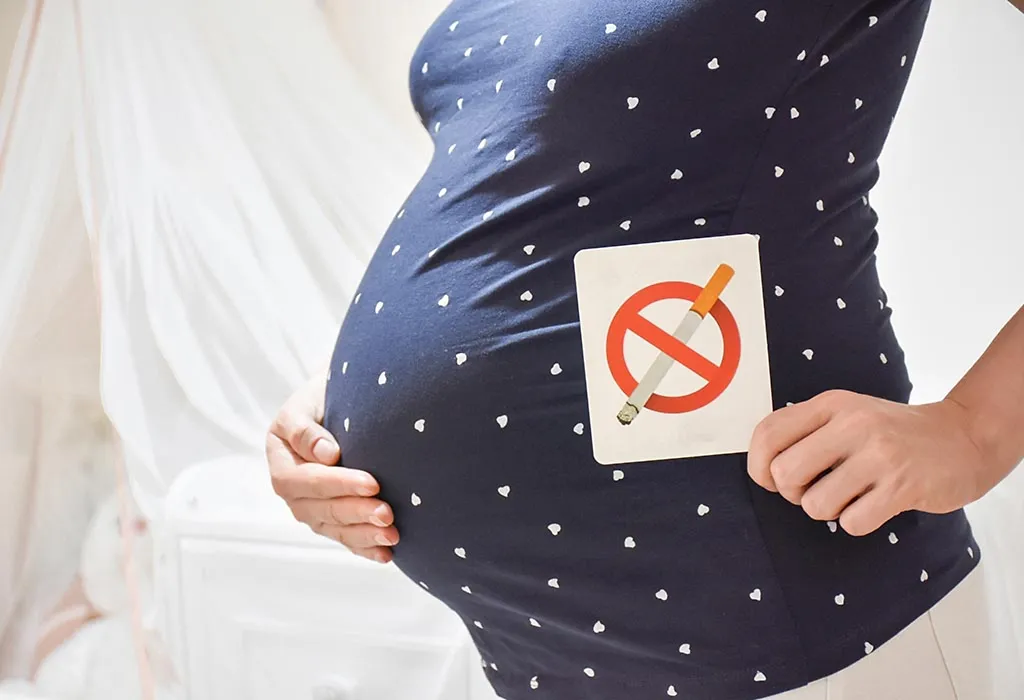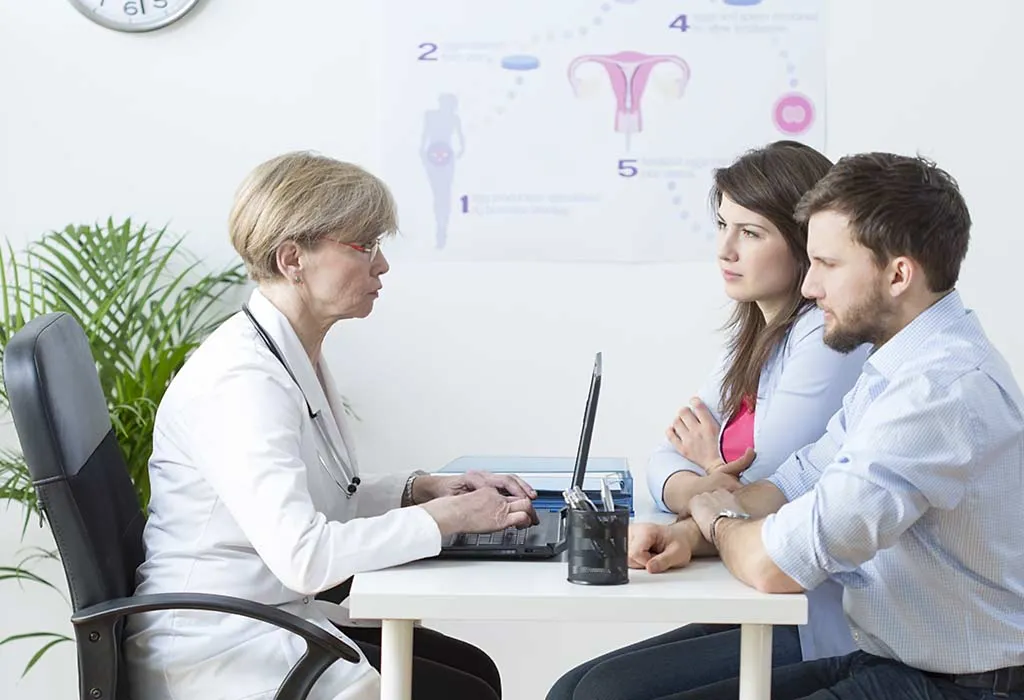Effective Ways on How to Prevent Autism During Pregnancy
Autism is a complicated neurodevelopmental condition that affects approximately 1 in 68 children, influencing communication, behavior, and social interactions. While experts still aren’t entirely sure about all the factors that contribute to its development, research suggests that a combination of genetic and environmental influences may play a role. However, precautionary measures can be taken to minimize as much risk as possible and prevent autism during pregnancy. Maintaining a healthy lifestyle, ensuring proper prenatal care, avoiding harmful substances, and managing maternal health conditions are some steps that may help reduce risks. By staying informed and following medical advice, expectant mothers can take proactive steps toward promoting their child’s well-being.
What Is Autism?
Autism, or Autism Spectrum Disorder (ASD), is a neurodevelopmental condition that affects communication, social interaction, and behavior. It is called a “spectrum” because symptoms and abilities vary widely—some individuals need significant support, while others live independently (1). While the exact cause is unknown, genetics and environmental factors may play a role. Early intervention and therapy can help improve outcomes.
What Causes Autism During Pregnancy?
Autism Spectrum Disorder (ASD) is influenced by a mix of factors, with some risks potentially arising during pregnancy. While no single cause has been identified, research suggests that certain prenatal factors may contribute to a higher likelihood of autism.
1. Genetic Factors
Genetics play a significant role in autism development. If a parent carries certain gene mutations or has a family history of ASD, the child may have a higher risk. Studies on twins and siblings show that autism often runs in families, indicating a strong hereditary component.
2. Environmental Exposures
Exposure to harmful substances during pregnancy, such as air pollution, pesticides, or certain medications (e.g., valproic acid for epilepsy), may increase autism risk. Maternal infections (like rubella or severe flu) and inflammation during pregnancy have also been linked to neurodevelopmental differences in the baby.
Risks of Autism in Pregnancy
While not all risks can be controlled, understanding them can help expectant parents take preventive measures. Below are key factors that may increase the likelihood of autism in a developing baby.
1. Advanced Parental Age
Research shows that children born to older parents (especially fathers over 40 or mothers over 35) have a slightly higher risk of autism. This may be due to genetic mutations in sperm or eggs that accumulate with age (2).
2. Maternal Health Conditions
Certain health issues during pregnancy, such as diabetes, obesity, or autoimmune disorders, have been linked to a higher risk of autism. These conditions may cause inflammation or metabolic imbalances that affect fetal brain development.
3. Prenatal Exposure to Toxins
Exposure to harmful substances like air pollution, pesticides, heavy metals (e.g., lead or mercury), or certain medications (e.g., valproic acid) may interfere with neurodevelopment and increase autism risk (3).
4. Infections During Pregnancy
Severe maternal infections (e.g., rubella, flu, or cytomegalovirus) can trigger an immune response that disrupts fetal brain development. Fever and inflammation during pregnancy have also been associated with a higher ASD risk.
5. Premature Birth & Low Birth Weight
Babies born prematurely (before 37 weeks) or with a very low birth weight are more likely to develop autism. This may be due to interrupted brain development or complications during early infancy.
6. Lack of Prenatal Nutrition
Deficiencies in key nutrients like folic acid, vitamin D, or omega-3 fatty acids during pregnancy may affect brain development. Studies suggest that proper prenatal nutrition could help lower autism risk (4).
Can Autism Be Prevented in Pregnancy?
There is not much evidence to suggest that autism can be prevented or cured, and neither is there a way to predict the development of the condition in children. Experts are still trying to piece together the factors that have been shown to have a correlation with autism. What’s uncertain is whether there is one cause or a number of causes. Some of the newest findings show that it begins even before the baby is born, as early as the second trimester. Other finds have linked nutritional deficiencies, exposure to pollutants, lifestyle choices and even medications to an increased risk of autism. Although there are no known ways to avoid autism during pregnancy, safety measures can be taken so that the known risk factors can be avoided.
Autism Prevention in Pregnancy
Here are some tips on how to reduce the risk of autism during pregnancy:
1. Folic Acid Supplements
Folic acid is a critical nutrient for the development of the brain, without which foetuses are known to develop congenital disorders such as spina bifida. Newer studies into autism have shown that mothers who take their prenatal vitamins before conception have halved the risk of having a child with autism. It’s also known that women with a genetic predisposition are seven times more likely to have an autistic child without taking vitamins. All women need 600 to 800 mcg of folic acid every day, and pregnant women need a minimum of 600 mcg to reduce the autism risk. This is an important aspect in autism prevention in pregnancy.
2. Quitting Alcohol, Smoking and Drugs
It’s needless to know how bad for the health of smoking, drinking or doing drugs is for the body. The effects on a baby when pregnant mothers do it is devastating, to say the least. Alcohol is a teratogen that leads to a range of disorders in babies, including autism spectrum disorder. The same applies to smoking and doing drugs. Mothers who have a habit of substance abuse or have problems with addiction must quit their habits well before they consider having a child. Avoiding them during pregnancy is also imperative, and subsequently, while breastfeeding.
3. Breastfeed Babies
Breastfeeding is believed to be another factor in lowering the risk of autism in children. It was found that babies who weren’t breastfed and missed getting supplements of docosahexaenoic acid/arachidonic acid had an elevated risk of developing one of the autism spectrum disorders (ASD). It is also thought that a lack of essential fatty acids, such as Omega-3 and Omega-6 fatty acids, can also lead to ASD. This link could be due to the vital role fatty acids play in brain development.
4. Reduce Exposure to Pollutants
A strong link has been found between environmental pollution and the risk of autism, specifically due to air pollution in women. One study by the Harvard School of Public Health discovered that women who were exposed to high levels of air pollution, particularly during their third trimester, had twice the risk of children with autism. The risk was higher with higher levels of exposure. It is not clear, however, about what compounds or ranges of compounds in the pollutant category are more relevant. There are hundreds of chemicals from multiple sources, and it could be any of them. Therefore it’s best to move away from polluted areas of the city and avoid traffic during pregnancy.
5. Get Enough Iron
A 2014 study published in the American Journal of Epidemiology showed that iron-deficient mothers gave birth to babies who were five times more likely to develop autism. Many other factors also contributed to raising the risks, such as the age of the woman being over 35 or older, diabetes, high blood pressure, obesity or other metabolic conditions. Iron is a critical mineral to the development of the brain, and women with children with autism are either deficient in the mineral or significantly less likely to take supplements. While no specific ‘foods that can cause autism during pregnancy’ have been scientifically proven, maintaining a balanced diet and avoiding alcohol/processed foods supports healthy fetal brain development.
6. Maintain Good Health
Mother’s health definitely has an effect on the fetus, and ASD might not be an exception to this as well. Women who are severely ill enough to be hospitalized during pregnancy are at a higher risk of having children with autism. This is also supported by research, as studies have shown a link between maternal infections during pregnancy and elevated risk (5). It’s best, in general, for pregnant women to have nutritious food and live healthily.
7. Space Out Pregnancies
One study published in 2014 found that pregnancies that have spacing between them of 2 to 5 years had the lowest risk of children developing autism (6). It was found that babies that were conceived less than 12 months from the last pregnancy had 50 per cent more diagnoses of autism than those that were conceived between a time span of 2-5 years. It was also found that babies born after 5 years were 30 per cent more likely to be diagnosed with autism. Why it happens is unclear, but the age of the parents matters as well.
Can You Test for Autism During Pregnancy?
Autism is usually diagnosed after age 2 (and sometimes even later), but emerging research suggests early indicators may exist. A 2022 study revealed that standard second-trimester ultrasounds could identify potential prenatal markers of autism, such as irregularities in fetal heart, head, or kidney development (7). The study noted these abnormalities in 30% of cases where the child was later diagnosed with ASD—three times more frequently than in neurotypical pregnancies.
Genetic screening during pregnancy may also help assess autism risk, though such tests remain limited in the U.S. due to reliability concerns and ethical controversies. For example, a 2020 survey of Taiwanese parents found that 67% would opt for prenatal ASD testing if available, with over half stating they would consider terminating a pregnancy with an elevated autism risk (8). These findings highlight the complex societal and medical debates surrounding early autism detection.
Vaccines That Don’t Cause Autism
Extensive scientific research has conclusively debunked the misconception linking vaccines to autism. There is no evidence that routine immunizations—whether administered during childhood or pregnancy—contribute to an increased likelihood of autism spectrum disorder (ASD).
A comprehensive 2020 cohort study published in Annals of Internal Medicine examined the effects of maternal H1N1 influenza vaccination during pregnancy and found no association with ASD development in offspring (9). In fact, flu vaccination is strongly recommended for pregnant individuals, as they face higher risks of severe flu-related complications. Additionally, maternal immunization provides crucial protection for newborns during their vulnerable early months of life.
FAQs
1. Can taking probiotics during pregnancy lower autism risk?
Emerging research explores whether maternal gut health influences fetal neurodevelopment, but no conclusive evidence proves that probiotics prevent autism.
2. Does avoiding electromagnetic fields (EMFS) help prevent autism?
While some speculate about EMF exposure, there’s no scientific proof linking devices like cell phones or Wi-Fi to autism development.
3. Are organic diets or pesticide-free foods proven to reduce autism risk?
Though limiting toxins is beneficial, no studies confirm that organic eating alone prevents autism. Genetics and broader environmental factors play larger roles.
While parents often wonder, ‘Can autism be detected during pregnancy?’, current medical technology cannot definitively diagnose ASD before birth, though some prenatal tests may identify potential risk factors. One other scientific way of preventing autism during pregnancy is the oral probiotic administration during pregnancy. Although there’s no surefire way to prevent autism during pregnancy, it’s possible to lower the risk. Women need to take their prenatal supplements and maintain a healthy lifestyle while avoiding risk factors.
References/Resources:
7. Oxford Academic – Association between ultrasonography foetal anomalies and autism spectrum disorder
Also Read:
How to Prevent Autism in Pregnancy
Foods to Eat During Pregnancy for an Intelligent Baby
Baby Brain Development in Pregnancy: Stages & Foods to Eat
Signs of a Healthy & Unhealthy Baby in the Womb During Pregnancy
Was This Article Helpful?
Parenting is a huge responsibility, for you as a caregiver, but also for us as a parenting content platform. We understand that and take our responsibility of creating credible content seriously. FirstCry Parenting articles are written and published only after extensive research using factually sound references to deliver quality content that is accurate, validated by experts, and completely reliable. To understand how we go about creating content that is credible, read our editorial policy here.









































